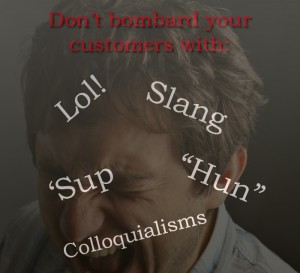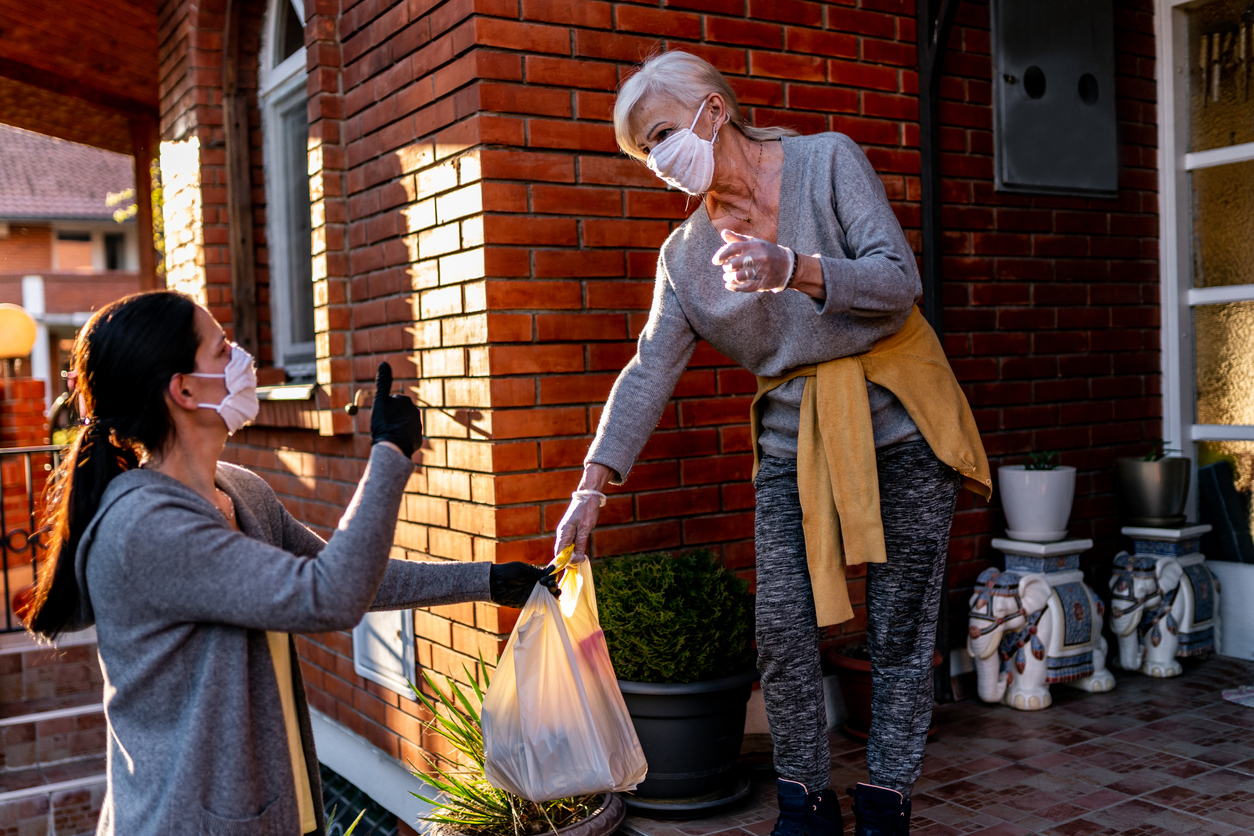Colloquialisms and Professionalism
I knew right away I was going to have a hard time with this phone call. The minute the voice on the other end of the line addressed me as “sweetie” I cringed. After following up by calling me “hun” and “honey,” I couldn’t wait for the call to end. All I wanted to do was set up an appointment for some simple floor cleaning, but that call almost turned me off to the company completely.
The company itself is very reputable. I found them through their Google Places page, which was well set-up and offered several positive reviews. Their website,  though not exactly what I would recommend, was organized well and easy-to-navigate. The services listed were impressive.
though not exactly what I would recommend, was organized well and easy-to-navigate. The services listed were impressive.
I was pleased with their work and friendliness, and I’ll probably use them again because of that. But had the phone call with the secretary not ended when it did, I may have turned to a different company. Why? Because of a pet peeve. Or was it something more?
In the South, there’s a certain level of friendliness that is expressed often through colloquialisms, in person, email/newsletters, and in online content. People use “y’all” and smile at strangers and wave at cars as they pass by their homes. I’ve always been glad to be from friendly places like this, but there is a downside to being so informal, especially as it relates to the world of business.
I, like you, expect a certain level of respect and professionalism when dealing with a company. To me, “sweetie,” “honey,” and other familiar colloquialisms just aren’t professional. Neither is a website that uses slang or other unprofessional language in copy, headlines, or links.
Some may find these things charming, but how many other potential customers might feel, as I do, that these are somewhat demeaning? And maybe it’s just me, but if others feel this way, is it worth it for your company to lose these customers or offend them when a simple switch of phrases could mean the difference?
Yesterday, I received a newsletter from a large, well-respected company that I enjoy shopping with. The title of the newsletter, however, sounded like it had been written by a teenage Redditor. All it was missing was “YOLO.” Was it intended for teenage shoppers? I don’t fall into that demographic and it ended up in my inbox, so I doubt it. And most adults wouldn’t be impressed with the lingo. Know your audience and avoid a poor marketing decision.
I realize no one means to be offensive when using colloquial terms. In fact, these people probably think they’re being polite or charming! I can appreciate that. But it may be time to step it up and adopt a more professional way of interacting with customers. Say “sir” or “ma’am.” Or to be safe, just use “Mr.,” “Ms.,” or “Mrs.” And avoid trendy phrases that alienate a large portion of your customers. It’s safe to assume a lot of them don’t get Internet slang.
Wherever you’re from, there are cultural idiosyncrasies that define the people there. They make you special and help define who you are. But the world is getting smaller, and because of websites and social media, people from all over are connecting for professional reasons. Developing a localized multicultural strategy is very important, but slang and colloquialisms are a different story. I would encourage you to think about how your company is presenting itself and tweak those little things that might be hurting rather than helping your reputation.
Laura Lee – Guest Blogger & SEO Specialist
Laura Lee has been an SEO Specialist with WebMD for the past 6 years. Her specialties include content management, SEO, SEM, social media, and link development. Prior to that, Laura was an English major and WebMD editorial team contractor.



